Let’s face it — food is expensive, especially during a pandemic. I know that as much as anyone because I feed a family of five, 5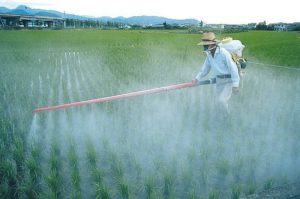 meals a day (breakfast, snack, lunch, another snack and dinner) 7 days a week. Now, if you factor in organic food to that equation, the price might increase, and many people just can’t afford to buy everything organic even if they want to. However, if, like me, you are trying to feed your family healthy food with as little harm to our planet at the same time, you know it can be difficult to do without breaking the budget. When it comes to choosing vegetables and fruits, there are many dirty dozen lists like this one to help you choose the least contaminated foods and know which ones to buy organic.
meals a day (breakfast, snack, lunch, another snack and dinner) 7 days a week. Now, if you factor in organic food to that equation, the price might increase, and many people just can’t afford to buy everything organic even if they want to. However, if, like me, you are trying to feed your family healthy food with as little harm to our planet at the same time, you know it can be difficult to do without breaking the budget. When it comes to choosing vegetables and fruits, there are many dirty dozen lists like this one to help you choose the least contaminated foods and know which ones to buy organic.
Here are the 5 most polluted foods to buy organic:
 Coffee—Most people can’t imagine starting their day without a cup of coffee, but it’s a very scary fact that coffee is one of the most polluted foods in the world. It’s estimated that about 250 pounds of fertilizers, pesticides, fungicides, herbicides and insecticides are sprayed per acre of non-organic coffee. Of course the environment suffers when the toxic residue enters both water and air, but so do all the farmers because of being exposed to these harmful chemicals while working on the harvest.
Coffee—Most people can’t imagine starting their day without a cup of coffee, but it’s a very scary fact that coffee is one of the most polluted foods in the world. It’s estimated that about 250 pounds of fertilizers, pesticides, fungicides, herbicides and insecticides are sprayed per acre of non-organic coffee. Of course the environment suffers when the toxic residue enters both water and air, but so do all the farmers because of being exposed to these harmful chemicals while working on the harvest.
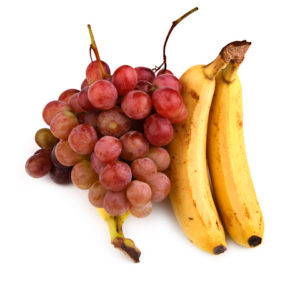 Grapes and Bananas—Grapes are among my kids’ favorite fruits, but I feed them only organic ones because grapes are sprayed with up to 20 different kinds of pesticides. Since grape skin is very thin, the whole fruit is vulnerable. The same also goes for raisins, by the way. We could easily assume that, since bananas have a thick skin, they should be pretty safe from pesticides. Unfortunately, conventional bananas are grown with synthetic fertilizers, insecticides and herbicides; and because these chemicals are in the soil, they do not stay on the outside peel but also leach into the fruit. The banana and grape farmers and their children are being exposed to the toxic chemicals that may cause lots of health problems.
Grapes and Bananas—Grapes are among my kids’ favorite fruits, but I feed them only organic ones because grapes are sprayed with up to 20 different kinds of pesticides. Since grape skin is very thin, the whole fruit is vulnerable. The same also goes for raisins, by the way. We could easily assume that, since bananas have a thick skin, they should be pretty safe from pesticides. Unfortunately, conventional bananas are grown with synthetic fertilizers, insecticides and herbicides; and because these chemicals are in the soil, they do not stay on the outside peel but also leach into the fruit. The banana and grape farmers and their children are being exposed to the toxic chemicals that may cause lots of health problems.
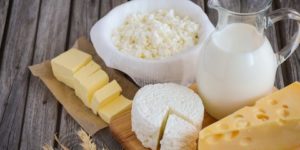 Dairy—For a little extra money, you can buy organic dairy products, and that should be the choice. The factory farm dairy industry is causing huge damage to the environment. Milk sold at the grocery stores typically comes from industrialized dairy farms, where cows are over milked and housed in crowded, stressful conditions. The use of artificial hormones and antibiotics for the treatment and prevention of diseases are normal parts of the milk industry, and this will contaminate the dairy being sold.
Dairy—For a little extra money, you can buy organic dairy products, and that should be the choice. The factory farm dairy industry is causing huge damage to the environment. Milk sold at the grocery stores typically comes from industrialized dairy farms, where cows are over milked and housed in crowded, stressful conditions. The use of artificial hormones and antibiotics for the treatment and prevention of diseases are normal parts of the milk industry, and this will contaminate the dairy being sold.
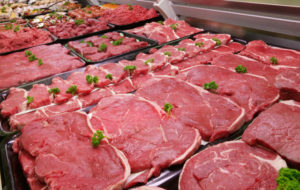 Meat—With mass production of meat comes lots of animal waste, which is stored in huge so-called lagoons that are outdoors and uncovered. Often, they are as big as several football fields and, unfortunately, are prone to leaks and spills that will contaminate and damage the environment. Another problem is that manure produces methane, a “greenhouse gas” that damages the ozone layer, which leads to overheating of the planet. Of course, buying organic meat from a grocery store does not eliminate this problem, but it will reduce hormones and antibiotics leaking into the environment through animal waste. The best option is to buy meat from a local organic farmer, either directly or at the farmers’ market.
Meat—With mass production of meat comes lots of animal waste, which is stored in huge so-called lagoons that are outdoors and uncovered. Often, they are as big as several football fields and, unfortunately, are prone to leaks and spills that will contaminate and damage the environment. Another problem is that manure produces methane, a “greenhouse gas” that damages the ozone layer, which leads to overheating of the planet. Of course, buying organic meat from a grocery store does not eliminate this problem, but it will reduce hormones and antibiotics leaking into the environment through animal waste. The best option is to buy meat from a local organic farmer, either directly or at the farmers’ market.
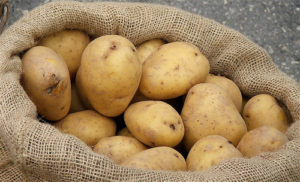 Potatoes—I think many people are surprised to hear that conventional potatoes are grown in soil treated with fungicide, and that potatoes are sprayed with pesticides. 35 different pesticides have been found on regular potatoes according to USDA’s Pesticide Data Program. One of these chemicals, chlorpropham, an herbicide, is proven to be toxic to honey bees.
Potatoes—I think many people are surprised to hear that conventional potatoes are grown in soil treated with fungicide, and that potatoes are sprayed with pesticides. 35 different pesticides have been found on regular potatoes according to USDA’s Pesticide Data Program. One of these chemicals, chlorpropham, an herbicide, is proven to be toxic to honey bees.
It’s a sad fact that we all are exposed to chemicals even before we’re born and as we grow up. Children are most at risk since, by nature, they are more sensitive. Because their nervous systems and brains develop so much before the age of 25, they are more vulnerable when exposed to chemicals, toxins and pesticides. Chemicals from pesticides are linked to maladies from headaches and nausea to cancer, reproductive harm and endocrine disruption.
http://www.toxicsaction.org/problems-and-solutions/pesticides
https://depts.washington.edu/ceeh/downloads/FF_Pesticides.pdf


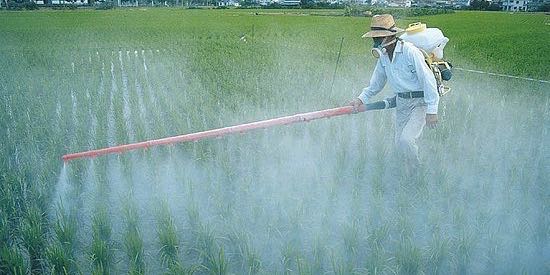
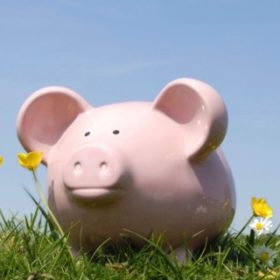
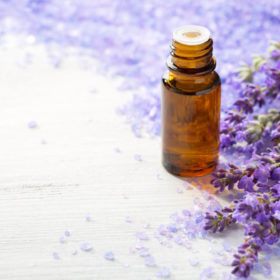
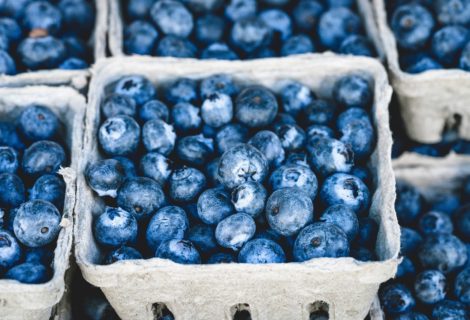
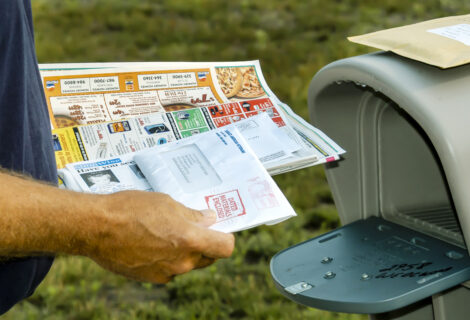

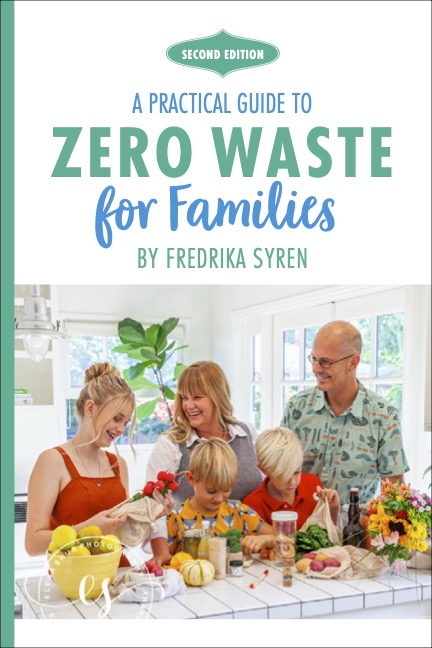

Jackie Bensinger, L.Ac.
Thank yiu for this very helpful article! I will share this with my patients.